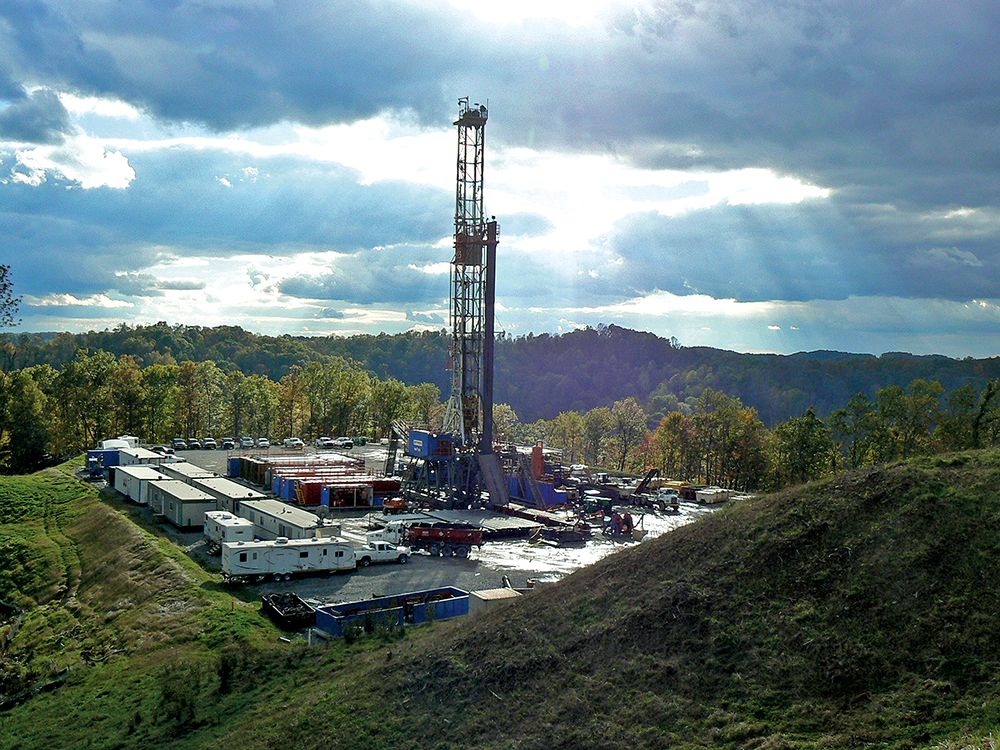As the debate over the environmental impact of hydraulic fracturing rages on, a new report from the Susquehanna River Basin Commission’s (SRBC) continuous water quality monitoring project does not show evidence of water quality changes as a result of natural gas development. In an article by Kevin Randolph from the Pennsylvania Business Report, he reports that “in January 2010 the SRBC began measuring and reporting water quality conditions in small streams that could potentially be impacted by the natural gas industry.” The SRBC water quality monitoring project monitors specific conductivity, turbidity and water temperature, which would reveal any immediate impacts from natural gas drilling activities. One organization that has a particularly strong interest in this report is the Marcellus Shale Coalition (MSC).
According to their website, the Marcellus Shale Coalition “works with exploration and production, midstream, and supply chain partners in the Appalachian Basin and across the country to address issues regarding the production of clean, job-creating, American natural gas from the Marcellus and Utica Shale plays. We provide in-depth information to policy makers, regulators, media, and other public stakeholders on the positive impacts responsible natural gas production is having on families, businesses and communities across the region.” The President of MSC, David Spigelmyer, is understandably pleased with the nature of the SRBC report. Mr. Spigelmyer responded to the report in part by saying “…regulators should look to the success in the neighboring Susquehanna River Basin and the continuous water monitoring which shows no change to quality or quantity, as further evidence that natural gas development and strong protection for our environment are not mutually exclusive.” Mr. Spigelmyer hopes this report will become a new reference point for the Delaware River Basin Commission, who is currently considering a ban on natural gas development.
Tangible data, such as this current report from the SRBC, goes a long way in clarifying the arguments both for and against natural gas development. While there are certainly concerns from environmental groups over fracking and its potential environmental impacts, the organizations that would be most impacted are producing reports that seemingly justify natural gas development in their regions. This one report doesn’t answer every question out there surrounding fracking, but it provides sound reasoning to continue natural gas development in the Marcellus region.
https://marcelluscoalition.org/
https://www.srbc.net/our-work/reports-library/technical-reports/316-rwqmn-padcnr-tech-summary-2019/




